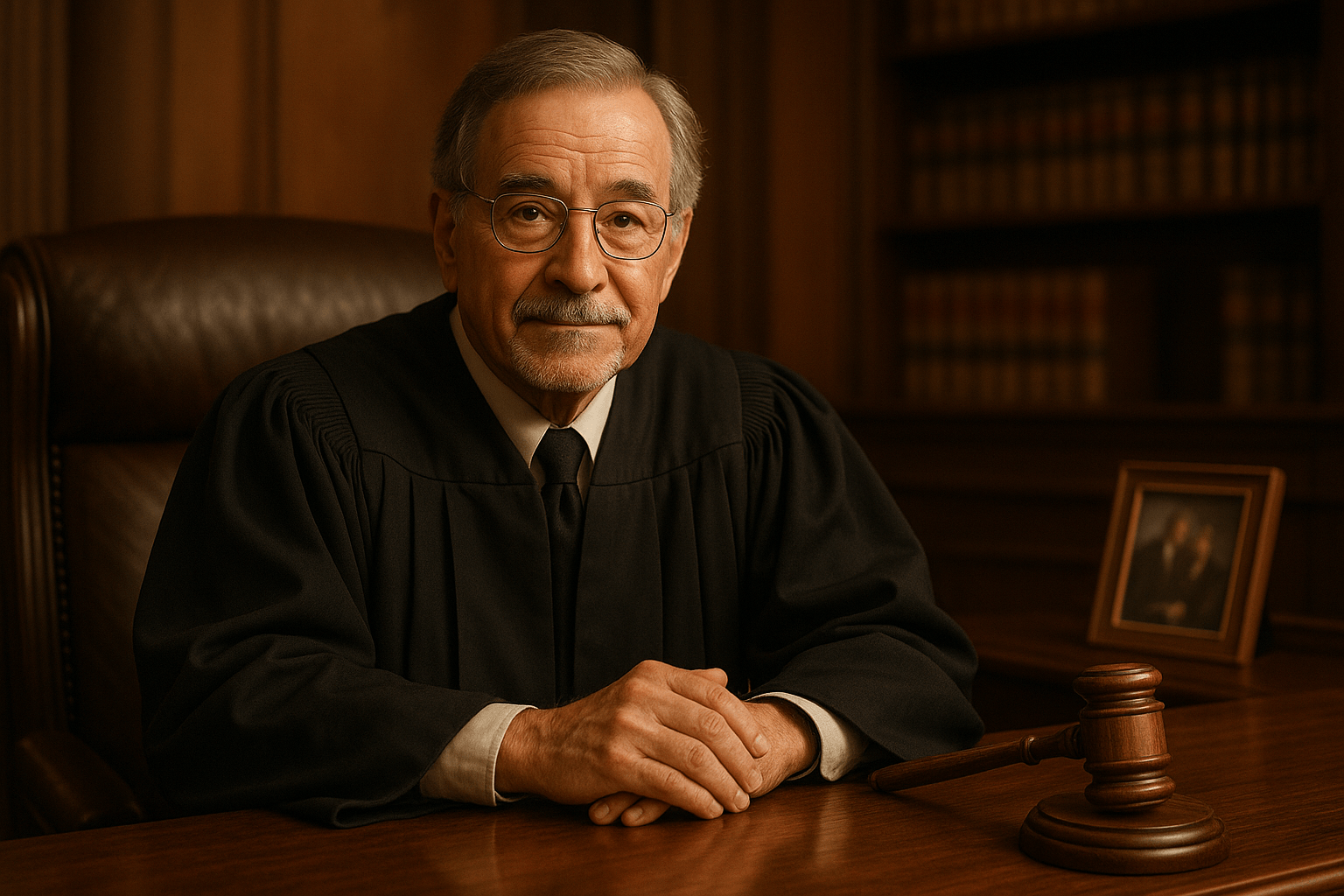Justice Department Sues Washington State Over Controversial Senate Bill 5375
In a significant development that has captured national attention, the U.S. Department of Justice (DOJ) has filed a lawsuit against Washington State over a recently passed law, Senate Bill 5375, accused by federal officials of being “anti-Catholic”. The legal battle raises crucial questions about religious freedom, the separation of church and state, and the reach of state governments in regulating religious institutions.
What is Senate Bill 5375?
Senate Bill 5375 was enacted as part of Washington State’s efforts to enhance regulatory oversight of certain organizations, including religious ones. At its core, the law modifies how charities—among them, many Catholic and other faith-based entities—must report their use of funds and the transparency of their operations. Supporters claim it brings much-needed transparency and accountability to non-profit organizations, stating that all groups benefiting from tax exemptions should be subject to equal scrutiny.
However, opponents, especially within the Catholic community, argue that the law unfairly targets religious organizations, potentially infringing on First Amendment rights. The growing tension over how much power states have to regulate religious affairs forms the central conflict of the current case.
Why is the Department of Justice Involved?
The U.S. Department of Justice says that Senate Bill 5375 singles out Catholic and other religious institutions, violating key federal protections on religious liberty. In the DOJ’s official statement, officials allege that the bill may create discriminatory obstacles for religious organizations that do not apply to secular nonprofits.
The DOJ lawsuit specifically references the Establishment Clause and Free Exercise Clause of the First Amendment, which protect against government actions that unduly interfere with religious practice, or show favoritism towards or against any one religion.
The Arguments: Transparency vs. Religious Freedom
On one side, proponents of Senate Bill 5375 argue that transparency requirements are vital for ensuring that charities—regardless of religious affiliation—properly account for public funds and donor contributions. They highlight past cases of financial mismanagement within some organizations as justification for stricter regulations.
On the other side, opponents argue the law is excessively burdensome and unfairly singles out faith-based groups. They worry that such regulations will not only disrupt important charitable activities but also pave the way for further restrictions on religious freedom. Legal experts note that constitutional protections around religion are intentionally robust, given the country’s founding principles regarding freedom of faith.
What Does This Mean for Religious Institutions?
If the DOJ is successful in its lawsuit, it could set a significant legal precedent, reaffirming robust protections for religious organizations against potentially intrusive state-level oversight. Conversely, if Washington State prevails, it may give states more authority to regulate religious and charitable organizations, especially when tax exemptions and public accountability are at stake.
This legal battle comes at a time when religious freedom and the role of faith-based groups in public life are subjects of widespread debate. For religious leaders and their communities, the outcome will directly affect how they operate, report their activities, and navigate their relationship with state authorities.
National Reactions and the Bigger Picture
The lawsuit has attracted coverage from major news organizations, legal analysts, and religious advocacy groups across the United States. It has also prompted similar organizations in other states to monitor their states’ legislation more closely, worried that Washington’s example could be mirrored elsewhere.
Organizations supporting religious liberty, like The Becket Fund for Religious Liberty, have weighed in, arguing that the new law risks undermining centuries of constitutional precedent and could have chilling effects on religious speech and charitable work.
Helpful Links and Further Reading
- DOJ Press Release: Justice Department Sues Washington State
- Cornell Law School: Establishment Clause
- Cornell Law School: Free Exercise Clause
- ACLU of Washington: Religious Liberty
- The Becket Fund: Washington Catholic Charities Case
- New York Times: National Coverage of the Lawsuit
Conclusion: What Happens Next?
This legal dispute over Senate Bill 5375 is a vivid example of the dynamic tension between government demands for accountability and citizens’ cherished rights to religious freedom. The federal court’s decision will not only impact Washington State’s law, but could shape how states across the country approach the oversight of religious and charitable entities in the future.
For more updates and in-depth analysis as the case unfolds, you can follow the latest via the U.S. Department of Justice Newsroom and major news outlets. Stay tuned as this pivotal case reshapes the boundaries between faith and state regulation in modern America.



